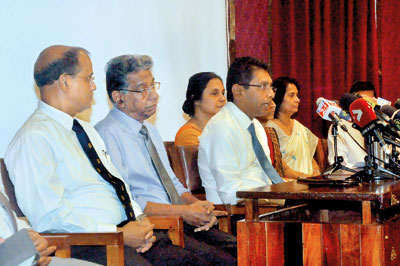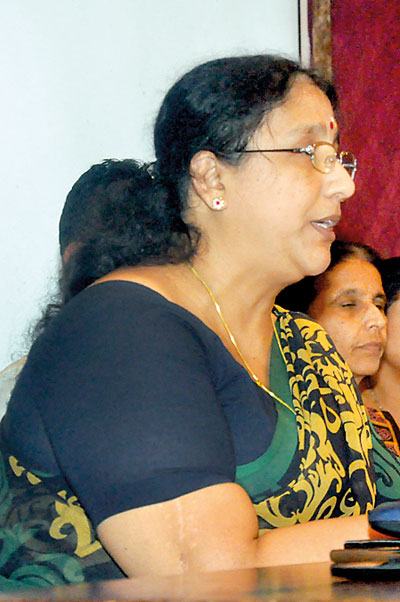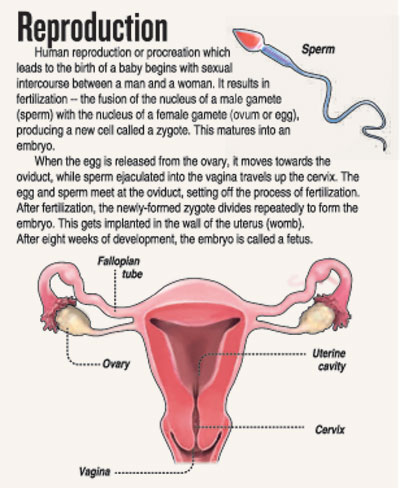News
Infertility pill myth: Resounding rejection in all three languages by 13 top medical specialists
Absolutely false – there are no wanda pethi (infertility pills), gels or powders which can cause long-term infertility so far in the world, let alone in Sri Lanka.

From left are Dr. Lalith Wijayaratne, Dr. Lakshman Senanayake, Dr. Upul Dissanayake, Dr. Anula Wijesundara (partly covered) and Prof. Chandani Wanigatunge and at the rear Prof. Chandrika Wijeyaratne. Pix by Athula Devapriya
This was the resounding rejection not just from one top Medical Specialist but from 13 of them, coordinated by Consultant Physician Dr. Upul Dissanayake at a media briefing on Thursday.
Crowding the podium of the auditorium of the Sri Lanka Medical Association (SLMA), these Medical Specialists flexed their powerful muscles and vowed to speak up in future against any misrepresentation or rumour in connection with anything and everything medical.
The SLMA and the Ceylon College of Physicians (CCP), two major organizations linked to the medical field, would look into the possibility of initiating a mechanism to respond promptly to clarify issues and alleviate the doubts of the public whenever medical misconceptions are set afloat, assured SLMA’s President-elect and Consultant Physician Dr. Anula Wijesundara and CCP President Dr. Panduka Karunanayake who were among the group of 13.
The wanda-pethi canard which spread like wildlife and got into the psyche of Sri Lankans, led to the recent troubles in Ampara over the belief that such pills were being mixed with food at eateries.
Taking the myth of wanda-pethi in their vice-like grip, the group made strong statements in all three languages, debunking it and dispelling any fears that may have arisen due it. The Sinhala statement was read out by Consultant Endocrinologist and Specialist in Reproductive Health, Prof. Chandrika Wijeyaratne, the Tamil one by Consultant Paediatrician and Professor in Pharmacology, Prof. Shalini Sri Ranganathan, and the English one by Consultant Physician and Professor of Pharmacology, Prof. Chandanie Wanigatunge.
Many senior doctors were also in the audience at the tightly-packed media briefing and a document signed, as of that day, by 132 medical professionals, senior and junior, cutting across all specialties and all races, Sinhala, Tamil and Muslim, with assurances that more would be joining in, was distributed to the journalists.
The others in the group of 13 Medical Specialists were Consultant Obstetricians and Gynaecologists Dr. Lakshman Senanayake and Dr. U.D.P Ratnasiri; Consultant Rheumatologist Dr. Lalith Wijayaratne; Consultant Cardiologist Dr. Naomali Amarasena; Consultant Paediatrician Dr. LakKumar Fernando; Consultant Physician Dr. Priyankara Jayawardena; and Consultant Community Physician, Dr. Kapila Jayaratne.
Getting down to the details of how a baby is conceived following the fertilization of the woman’s ovum (egg) by the man’s sperm, Dr. Upul Dissanayake told the Sunday Times that there are only certain methods of contraception to stop fertilization.
These methods of contraception which prevent natural fertilization include:

Prof. Shalini Sri Ranganathan
- The pill – this comes in the form of ‘Mithuru’ pethi (pills). This is hormonal contraception and is a combined Oral Contraceptive Pill (OCP) containing derivatives of the female hormone Oestrogen and Progestin in low doses. Prescribed to women by doctors to be taken daily to avoid a pregnancy, when a woman stops taking the pill, she can get pregnant. As such the effects of the pill are reversible.
- The injection – this comes in the form of the Depo Provera injection which is also hormonal contraception, once again administered to women and is reversible.
- An implant or intra-uterine device – this is inserted into the uterus (womb) through the vagina of the woman. It prevents the fertilized ovum getting implanted on the uterine wall. This is also reversible, for when the device is removed, a pregnancy can occur.
- Tubal ligation – this is a surgical procedure in which the fallopian tubes of the woman are cut, tied or blocked to permanently prevent pregnancy by stopping the eggs released from the ovaries going through the fallopian tubes. This method also blocks the sperm from travelling up the fallopian tubes to the egg. This is permanent.
- Use of condoms – these are sheath-shaped ‘barrier’ devices worn by the man during sexual intercourse to prevent a pregnancy in the woman. When the use of condoms stops, the woman can get pregnant.
- Vasectomy – this is a male sterilization procedure performed surgically. In this permanent procedure, the small tubes in the man’s scrotum that carry sperm are cut or blocked. This prevents the man from impregnating the woman during sexual intercourse. This procedure is permanent.
The Sunday Times learns that sub-fertility issues in both men and women are numerous not only in Sri Lanka but across the world. With women securing higher educational qualifications and having careers, marriage and bearing children get postponed. This makes the biological clock tick on. Even men should not leave it too late, is what sexual health specialists urge.
Meanwhile, the risks of male sub-fertility include:
- Obesity
- Smoking
- Alcohol abuse
- Drugs, both medical and recreational, as also exposure to gonadotoxins from the environment and occupation.
- The use of laptop computers on the lap and cell phones and stress, have also been implicated as probable ‘causative’ factors.
Many environmental contaminants can affect reproductive health, it is understood, and act as ‘endocrine-disrupting chemicals’ which could affect hormones in the human body.
The examples oft cited are:
- Bisphenol A (BPA) — found in hard plastic, water and baby bottles, food containers, the lining of metal, food and drink cans, pacifiers and baby toys and dental sealants
- Phthalates — a family of chemicals utilized to soften plastics used in medical devices, food wrap, flooring, wall coverings, personal care products (perfumes, lotions, cosmetics and hair-spray), lacquers, varnishes and wood finishes and coatings.
- Recently melamine has also been implicated in reproductive and urinary disorders.


